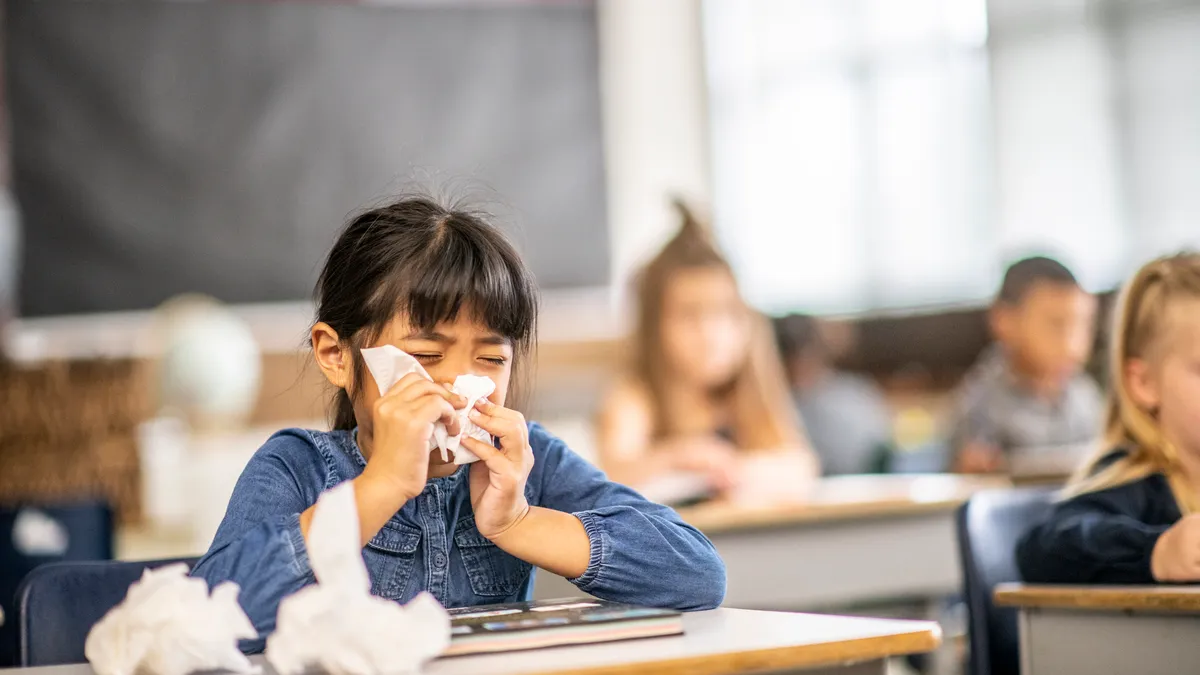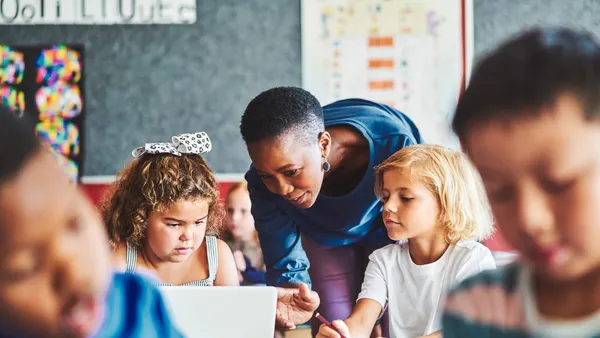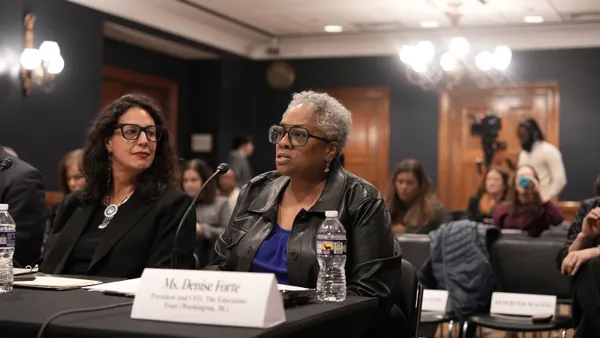Rising respiratory and flu cases this fall are keeping students home — and in some cases closing schools down. The increase in illness is once again leading school systems to take mitigation efforts from encouraging hand washing to disinfecting classroom surfaces.
An elementary school and a middle school in the Stanly County school system in North Carolina closed for a few days this week due to respiratory illnesses, according to the district's Facebook page. The posting also said the schools and buses will undergo a thorough cleaning and disinfecting.
"We understand the impact this will have on students, staff, and families and appreciate your support and understanding as we put the health and safety of our students and staff as our top priority," the district's message said.
Schools in Louisiana, Virginia and Alabama, closed because of respiratory syncytial virus, known as RSV, or flu-like illnesses or had a significant number of students and staff out sick, according to news reports.
A Centers for Disease Control and Prevention dashboard for RSV, said the childhood hospitalization rate in October is higher than overall RSV levels seen across the last four years. Children ages birth through 17 had a RSV hospitalization rate of 8.7 per 100,000 people, compared to 2.2 per 100,000 for overall hospitalizations for the week ending Oct. 15. By the end of last week, the rate had declined to 5.3 per 100,000 people, but it was still higher than the overall rate of 1.4.
RSV is a common respiratory virus that brings on mild, cold-like symptoms. Most people recover after a week or two, but one can have the virus for four to six days before showing any symptoms. For babies and older adults, RSV can cause serious illness, the CDC said.
For schools, the "tripledemic" of RSV, flu season and the lingering pandemic is leading staff to take the same deep cleaning precautions used as during COVID-19. In addition to routine cleaning and providing cleaning supplies, the CDC, in seasonal flu guidance for school administrators, recommends:
- Educate staff, students and families on what to do if someone gets sick.
- Communicate with the local and state health departments.
- Encourage hand hygiene by having tissues, soap, sanitizer, paper towel and other supplies.
- Promote vaccinations for the flu and COVID-19. There is no vaccination for RSV.











